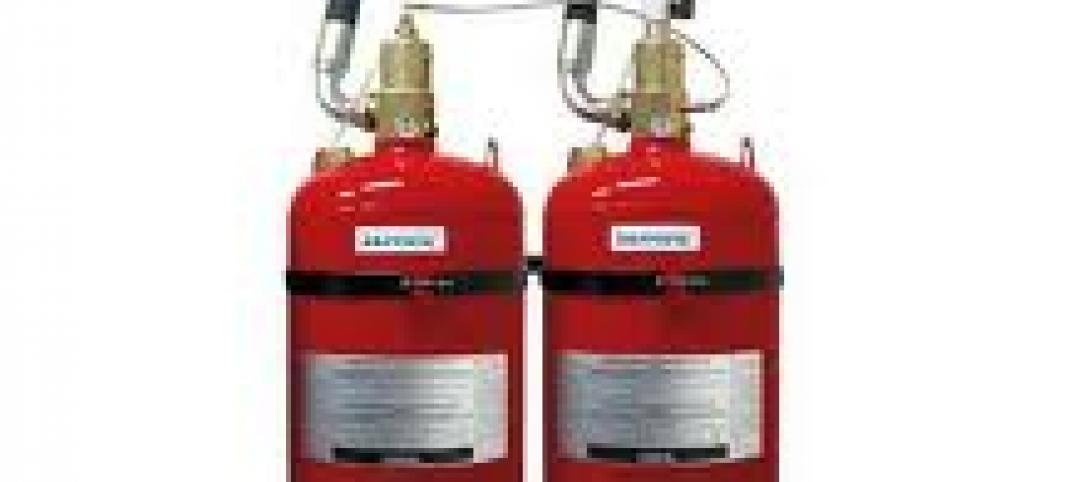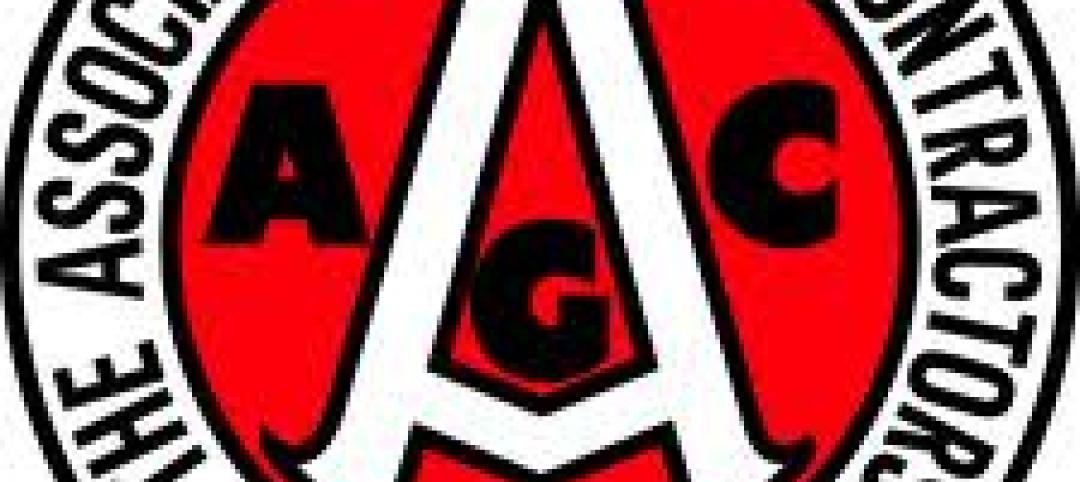The Canada Green Building Council (CaGBC) recently unveiled an updated version of its Zero Carbon Building Standard.
Version 2 incorporates lesson from over 20 zero carbon projects that represent a wide spectrum of building types including schools, offices, commercial offices, and industrial buildings. “These projects demonstrate that the industry is ready to raise the bar on expanded requirements for embodied carbon and energy efficiency,” according to a CaGBC news release.
The updated standard aims to get more buildings to zero, faster, by providing more options for different design strategies, by recognizing high-quality carbon offsets when necessary and providing new tools to help design zero carbon buildings and measure results, the release says. The standard provides two pathways for any type of building project—new construction or retrofit— to get to zero carbon. The standard provides a framework for verifying that buildings have achieved zero carbon, and it must be revisited annually.
Among the new requirements:
· Projects must now reduce and offset carbon emissions for the building’s life-cycle including the manufacture and use of construction materials.
· Best practices must be followed to minimize potential leaks of refrigerants.
· More stringent energy efficiency and air-tightness requirements were added.
· Projects must demonstrate two innovative strategies to reduce carbon emissions.
Related Stories
| May 10, 2012
Chapter 6 Energy Codes + Reconstructed Buildings: 2012 and Beyond
Our experts analyze the next generation of energy and green building codes and how they impact reconstruction.
| May 10, 2012
Resilience should be considered a sustainability factor
Since a sustainable building is one you don't have to rebuild, some building sustainability experts believe adding points for "resilience" to storms and earthquakes to the LEED sustainability rating tool makes sense.
| May 10, 2012
University of Michigan research project pushes envelope on green design
A research project underway at the University of Michigan will test the potential of intelligent building envelopes that are capable of monitoring weather, daylight, and occupant use to manage heating, cooling, and lighting.
| May 10, 2012
Fire suppression agents go greener
Environmental sensitivity is helping to drive adoption of new fire suppression agents.
| May 10, 2012
Industry groups urge Congress to leave contracting decisions to agencies
An organization of several industry groups urged Congress to leave many contracting decisions to the discretion of individual agencies by avoiding blanket mandates.
| May 10, 2012
OSHA proposes new rule to have employers find and fix hazards
The Occupational Safety and Health Administration has proposed a new regulation, Injury and Illness Prevention Program, or I2P2, which would compel employers to find and fix safety hazards.
| May 3, 2012
Stay current on green codes at AGC Environmental Conference
Keep abreast of market trends such as 2012 changes to green standards and codes at the AGC Contractors Environmental Conference, June 7-8, 2012 in Arlington, Va.
| May 3, 2012
OSHA reduces fines in Cincinnati casino collapse
The Occupational Safety and Health Administration has reduced the number of violations from four to two against four firms it cited earlier this month in the collapse of a casino under construction in Cincinnati.
| May 3, 2012
New York City implements controversial crane licensing requirements
New York City officials announced strict new licensing and testing requirements for all crane operators in New York City to raise safety standards.
















